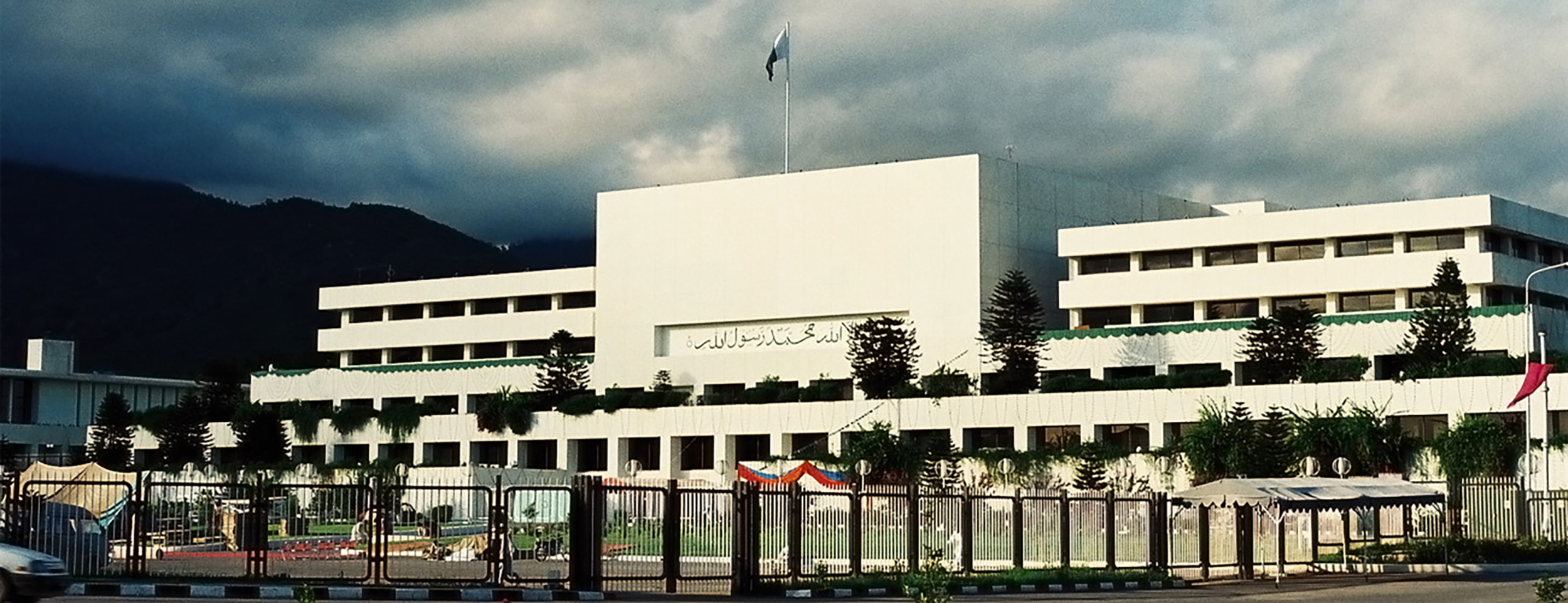
Law and justice
HRCP believes that the supremacy of law is necessary for a functioning and healthy democracy and society, whereby all are equal before the law and entitled without any discrimination to equal protection of the law. Any arbitrary deprivation of rights, such as enforced disappearances, therefore goes against the rule of law and constitutes an injustice.
However, to ensure true accountability, one must first be informed of their legal rights and have access to constitutional remedies to access justice. Therefore, the realm of law goes beyond the legislative process: the implementation of these laws is key in determining whether the due process of law is being followed or not. Here, the role of the judiciary and the police as law enforcement institutions should be rigorously scrutinized to see whether Pakistan’s laws are being effectively implemented or not.
The violence embedded within these systems show the gap between theory and practice however, as regular occurrences such as the non-implementation of legislation, dereliction of duty or extrajudicial killings and torture indicate that these powerful institutions must be held accountable to the full extent of the law for any harm they cause as well. It is also important to keep in mind that, along with such abuses of power, these systems are incredibly overburdened and under-resourced as well, as can be seen by the increasing number of pending cases in multiple courts across the country. Empowering the independence of these systems through internal accountability mechanisms would also go a long way towards countering the corruption and nepotism rife in these institutions.
Pakistan has also made various international human rights commitments whereby it must comply with treaty obligations. These include agreements to eliminate child labour, arbitrary detention, torture, summary and extrajudicial executions, forced disappearances, and other forms of violence.
Some of the key international treaties that Pakistan has ratified include the International Covenant on Civil and Political Rights (ICCPR), the International Covenant on Economic, Social and Cultural Rights (ICESCR), the United Nations Convention against Torture and Other Cruel, Inhuman or Degrading Treatment or Punishment (UNCAT), the Convention on the Elimination of all Forms of Discrimination Against Women (CEDAW), the International Convention on the Elimination of All Forms of Racial Discrimination (CERD), the United Nations Convention on the Rights of the Child (CRC), the Convention on the Rights of Persons with Disabilities (CRPD) and the Universal Declaration of Human Rights (UDHR).

